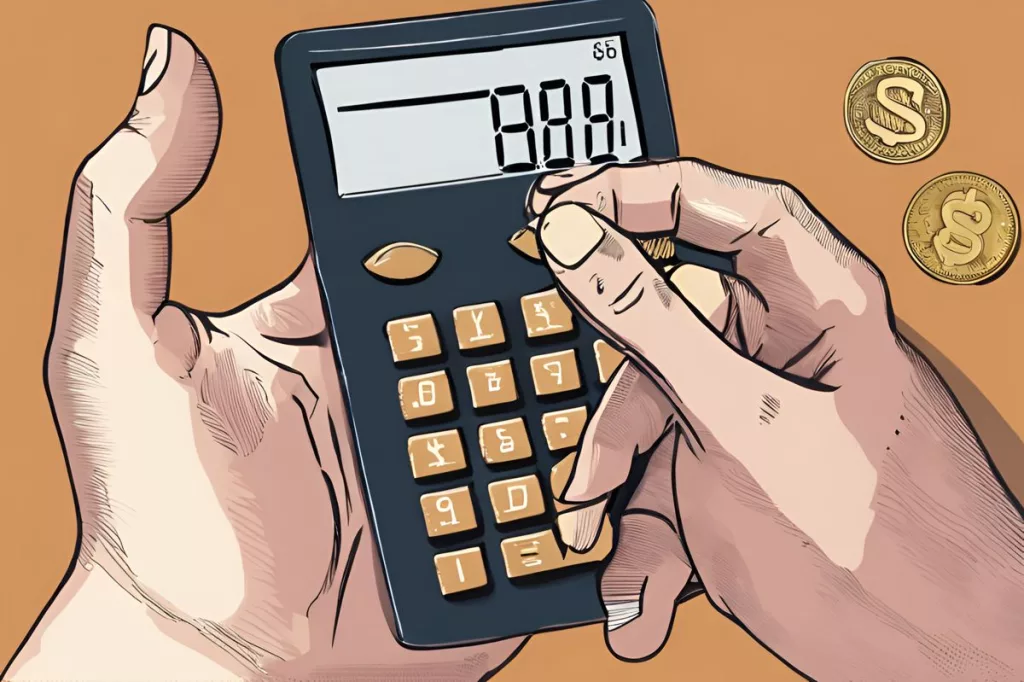Patricia De Lille, leader of the GOOD Party, has proposed increasing South Africa’s Basic Income Grant from R350 to roughly R1,000 to help those living in poverty. She also advocates for government reformation, professionalisation of the public service, eradication of corruption, and implementation of tax amendments. De Lille’s manifesto also emphasizes investment in public infrastructure and affordable, basic services, and financial support for small businesses. The proposal aims to rebalance society and provide a safety net for those struggling with poverty while revitalizing the South African economy.
South Africa’s President, Cyril Ramaphosa, is advocating for the implementation of a basic income grant as a safety net for the unemployed, a need that is echoed by many economists, social workers, and activists. The implementation of a basic income grant presents challenges, but its success could have a significant impact on other countries grappling with similar socioeconomic difficulties. South Africa’s progression towards a basic income grant could mark a significant milestone in the annals of global economic history.
The ongoing taxi strike in the Western Cape has brought the public transport system to a standstill, with devastating consequences. This strike has lasted over a week now, and as minibus taxis are responsible for transporting around 75% of public transport users in the area, or about a million passengers per day, the impact has been significant. The Western Cape Department of Mobility has stated that these taxis serve areas not usually covered by other public transport services.
South Africa is facing a crucial decision regarding the R350 Social Relief Grant. The Second BRICS Working Group Meeting, held in Port Alfred, Eastern Cape, discussed the proposal to replace the grant with a Basic Income Grant (BIG). The urgency of implementing social protection measures was highlighted by Dr. Joni Musabayana, Director for Decent Work for Southern and Eastern Africa at the International Labour Organisation (ILO). With the ongoing COVID19 pandemic and the potential for future crises, integrating social protection measures has become vital.




